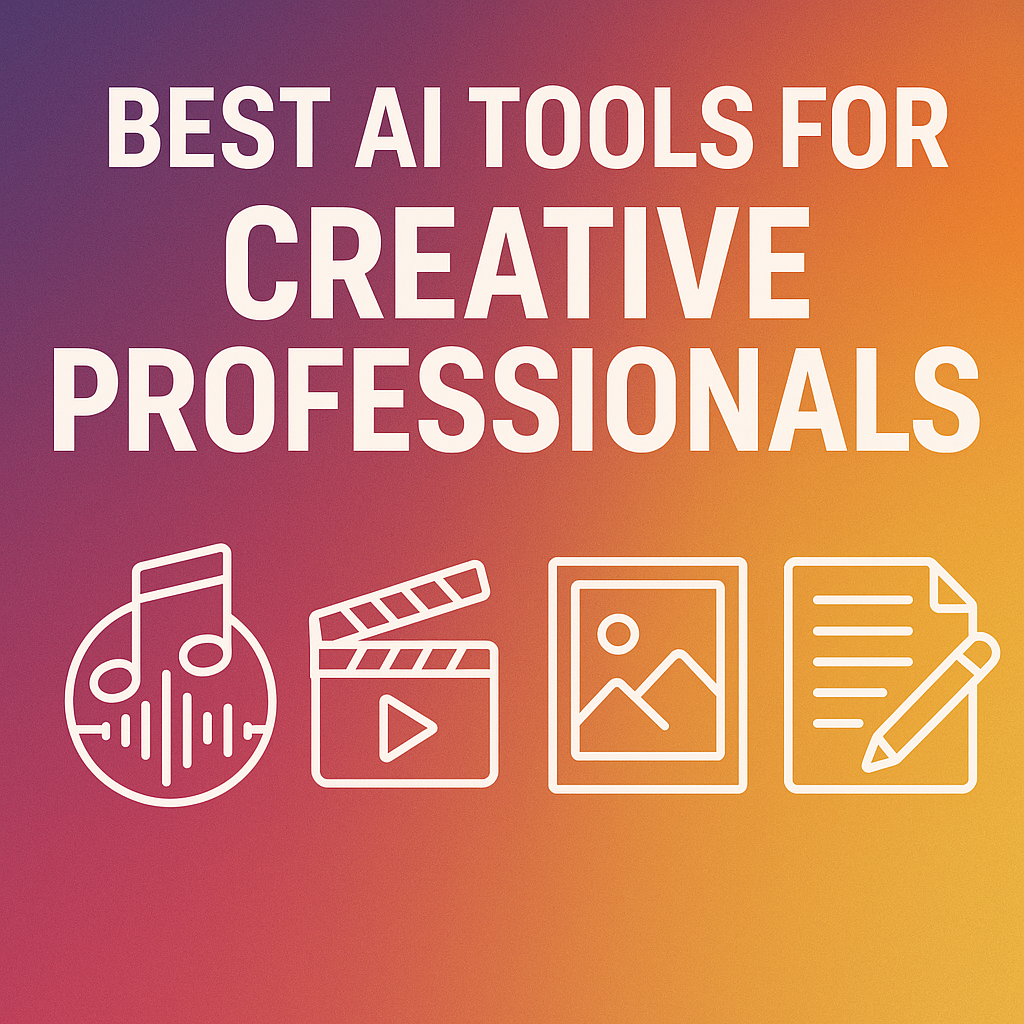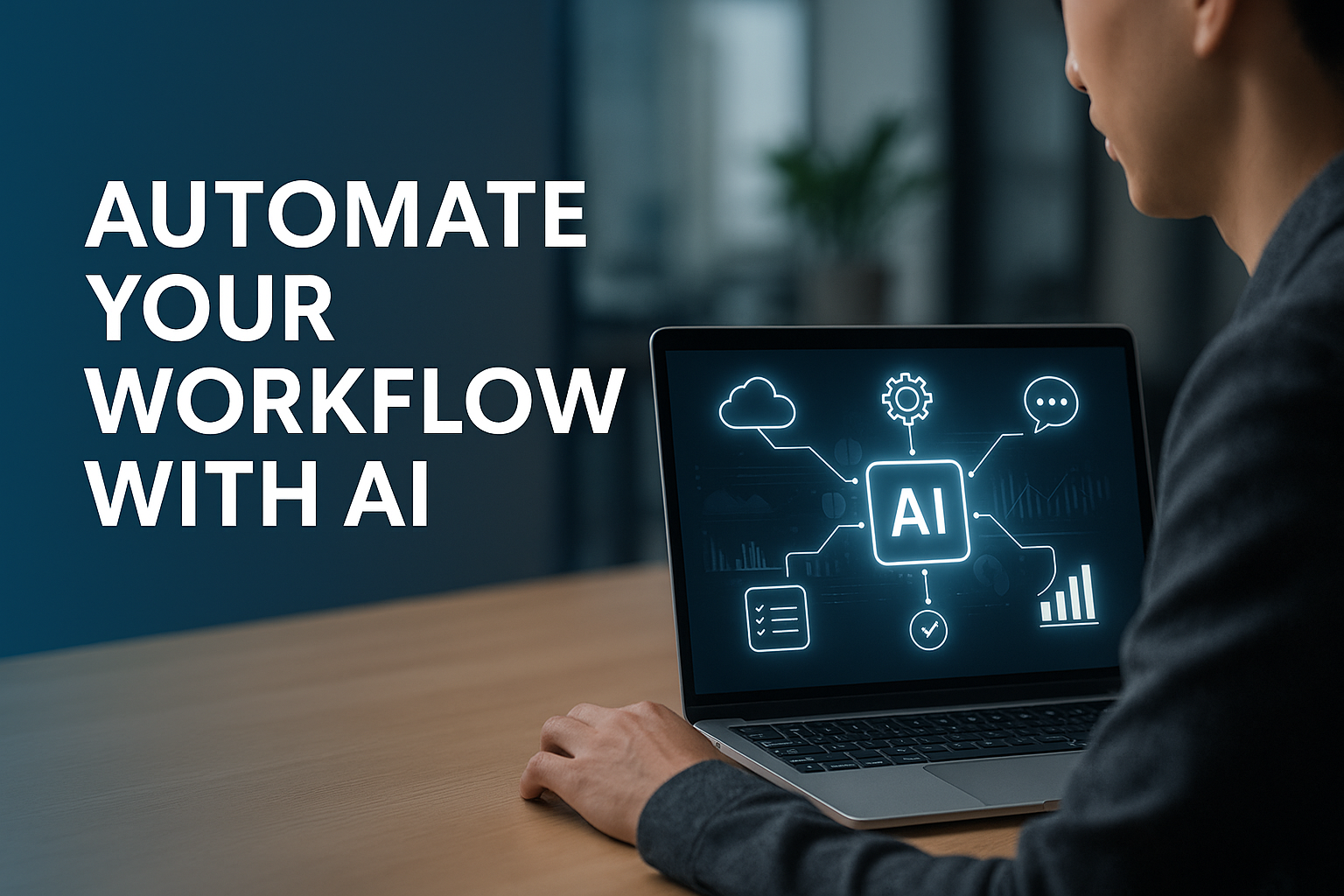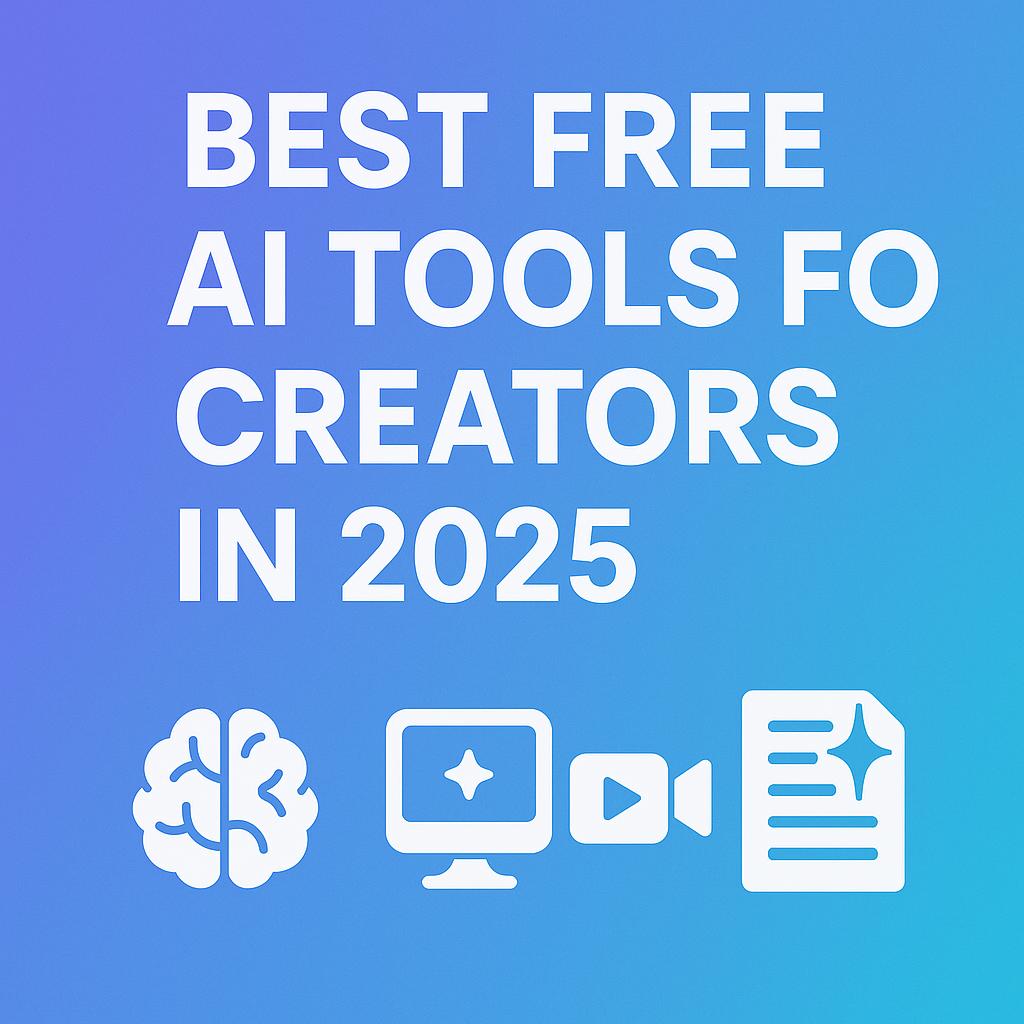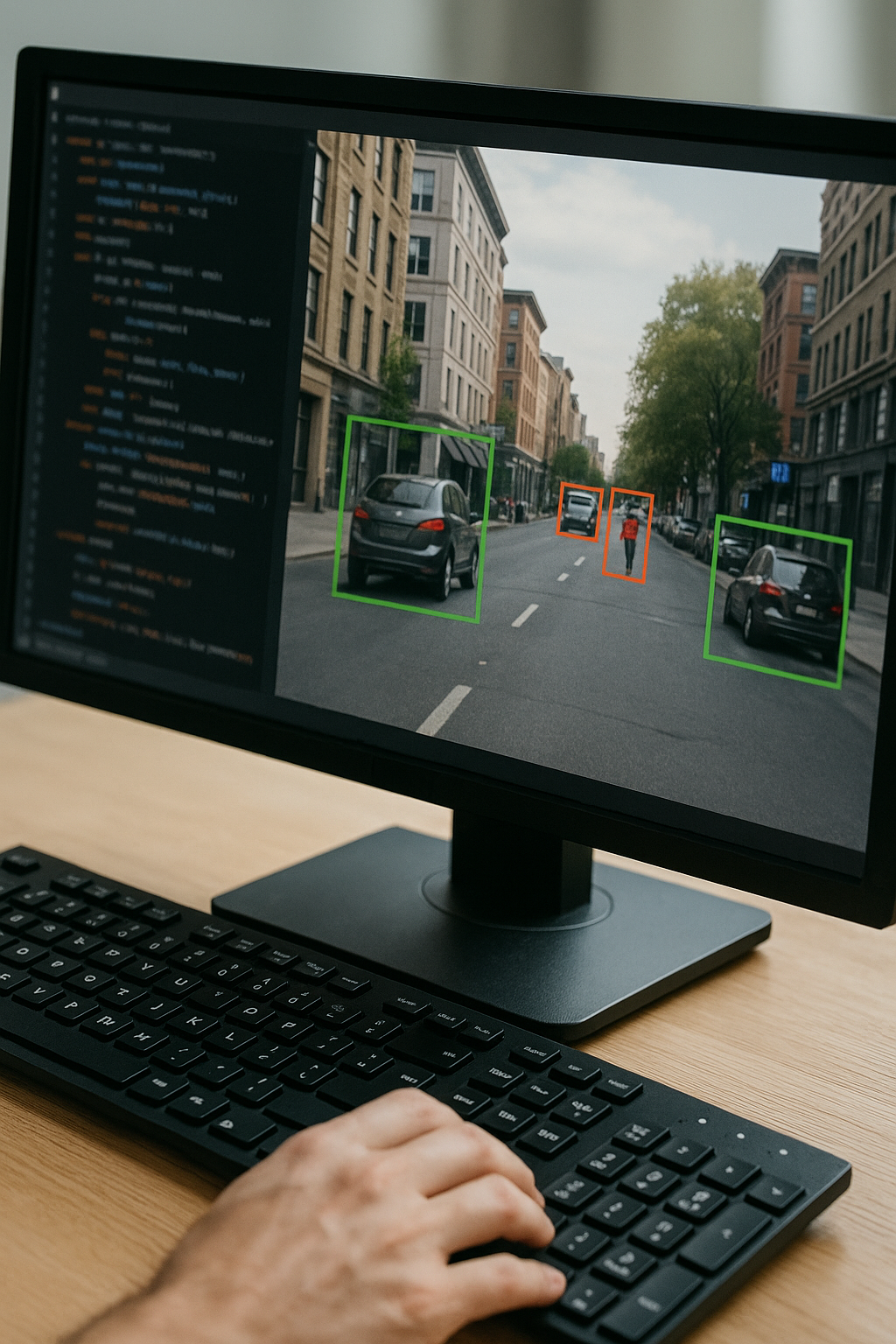The Balancing Act
Fairness, Transparency, and Accountability in AI Systems – A Deep Dive
Artificial intelligence (AI) is rapidly transforming every facet of our lives, from revolutionizing healthcare with disease diagnosis tools to personalizing our online experiences with recommendation algorithms. But with this immense power comes a critical responsibility – ensuring AI systems are fair, transparent, and accountable. These principles are the foundation of ethical AI development, and understanding them is crucial for navigating the complex landscape of AI.
Fairness: Dismantling Bias in the Algorithmic Age
Imagine a world where an AI loan approval system consistently favors applicants with high incomes, or a facial recognition software used by law enforcement misidentifies people of color at a higher rate. These are just a few chilling examples of bias in AI systems – a problem with real-world consequences. Let's delve deeper into the concept of fairness in AI:
- Understanding the Roots of Bias: AI systems are trained on vast amounts of data, and this data can inadvertently encode human biases. For example, an AI system trained on historical loan data might perpetuate existing biases against certain demographics in future loan approvals.
- The Ripple Effect of Bias: Biased AI systems can have far-reaching consequences, impacting everything from loan approvals and job applications to criminal justice. Imagine a system that flags loan applications from certain neighborhoods for higher scrutiny, effectively limiting access to financial resources. Or a resume screening AI that overlooks qualified candidates based on subtle biases in their resumes. These scenarios highlight the importance of identifying and mitigating bias to ensure AI serves everyone fairly.
- Mitigating Bias: A Multi-Pronged Approach: Fortunately, there are ways to counter bias in AI systems. This includes using diverse and representative data sets for training. Imagine training a loan approval system on data that reflects the income distribution and creditworthiness of the entire population, not just a privileged few. Additionally, employing fairness metrics during development, such as algorithms that measure and flag potential bias, is crucial. Finally, continuous auditing of AI systems for potential bias is essential to ensure fairness is maintained over time.
Transparency: Demystifying the Black Box of AI
Many AI systems can be complex and opaque, often shrouded in layers of code that are difficult to understand. Transparency is critical for building trust in AI and ensuring it's used responsibly. Here's what transparency in AI entails:
- Explainability: Lifting the Veil: Being able to explain how an AI system reaches a decision is essential. This allows users to understand the rationale behind the AI's output and identify potential biases or errors. For instance, if an AI resume screening system rejects a candidate, users should be able to understand the factors that led to that decision.
- Algorithmic Literacy: Educating the Public: Educating the public about how AI systems work is essential. This fosters trust and empowers users to ask questions and hold AI developers accountable. Imagine a world where people understand the basic principles behind recommendation algorithms on social media platforms, allowing them to make informed choices about their online experiences.
- The Right to Explanation: Individuals should have the right to understand how AI systems are used in decisions that impact their lives. This could involve explanations for loan denials, job rejections, or even targeted advertising. For instance, if you're denied a loan, you should have the right to understand the factors the AI system considered, allowing you to challenge potential biases.
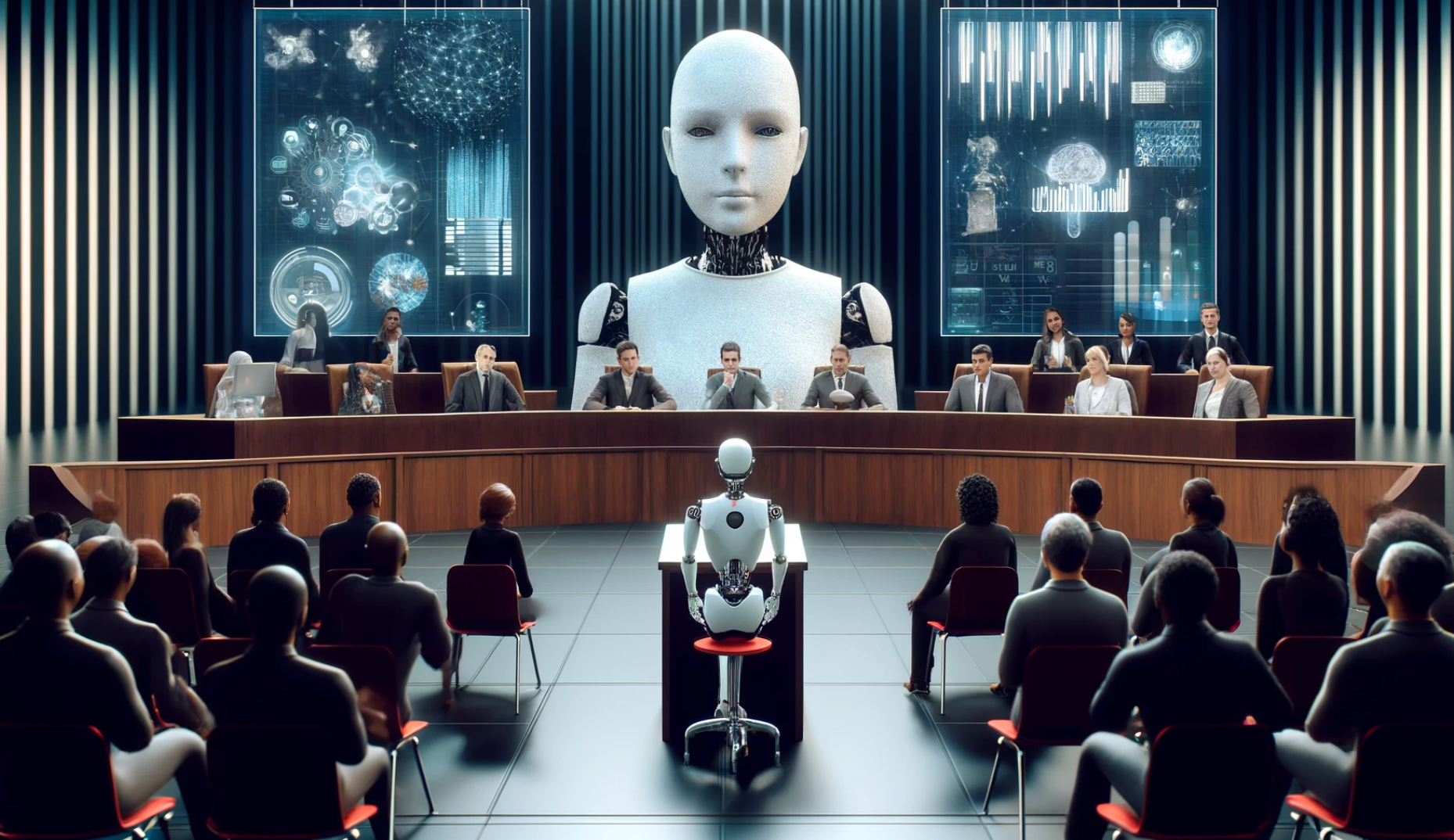
Accountability: Who's at the Wheel?
With powerful AI systems making decisions that impact our lives, the question of accountability becomes paramount. Let's explore who's responsible for the actions of AI systems:
- Developers and Designers: The developers and designers who create AI systems hold a significant degree of accountability. They have a responsibility to ensure their systems are fair, transparent, unbiased, and secure. This includes designing AI systems with safeguards against bias, implementing robust testing procedures, and documenting their development process for future reference.
- Organizations Deploying AI: Organizations deploying AI systems have a responsibility to understand the algorithms they're using and to mitigate potential risks associated with bias or unintended consequences. This involves conducting thorough assessments of AI systems before deployment, establishing clear guidelines for their use, and monitoring them for potential issues.
- Regulation and Oversight: Governments and regulatory bodies need to develop frameworks for responsible AI development and deployment. This might involve setting standards for fairness, transparency, and accountability in AI systems. Additionally, establishing clear guidelines for data privacy and security is crucial to ensure responsible use of AI.
The Road Ahead: Building a Future of Trustworthy AI
Fairness, transparency, and accountability are not just buzzwords – they are the cornerstones of building trust in AI and ensuring it benefits everyone. By working together – developers, users, policymakers, and the public – we can pave the way for a future where AI serves humanity
responsibly and equitably. Here are some ways you can get involved:
- Support Organizations Working on Ethical AI: Numerous organizations are dedicated to promoting ethical AI development. Research these organizations, understand their goals, and consider supporting their initiatives through volunteering or donations.
- Stay Informed: The field of AI is constantly evolving, and the conversation around fairness, transparency, and accountability is ongoing. There's a wealth of information available online, from academic journals to industry reports. Stay informed by subscribing to reputable publications and attending relevant conferences or workshops.
- Demand Transparency: When interacting with AI systems, ask questions about how they work and the data they use. Hold organizations accountable for deploying AI responsibly and ethically. The more we demand transparency, the more likely we are to see a shift towards trustworthy AI.
Stay Ahead of the Curve with Our AI Newsletter!
The world of AI is moving at a rapid pace, and keeping up with the latest developments can be challenging. Sign up for our FREE weekly AI newsletter to stay informed on the cutting edge of ethical AI. We'll provide you with:
- In-Depth Analysis: Our team of experts will break down complex topics into easy-to-understand insights, keeping you informed about the latest advancements and challenges in ethical AI.
- Practical Resources: We'll provide you with practical resources like guides, toolkits, and case studies to help you understand and navigate the evolving landscape of AI, empowering you to be a voice for responsible AI development.
Don't miss out on this opportunity to be part of the conversation about building a future of trustworthy AI.
Subscribe below today and join our vibrant community of AI enthusiasts!



